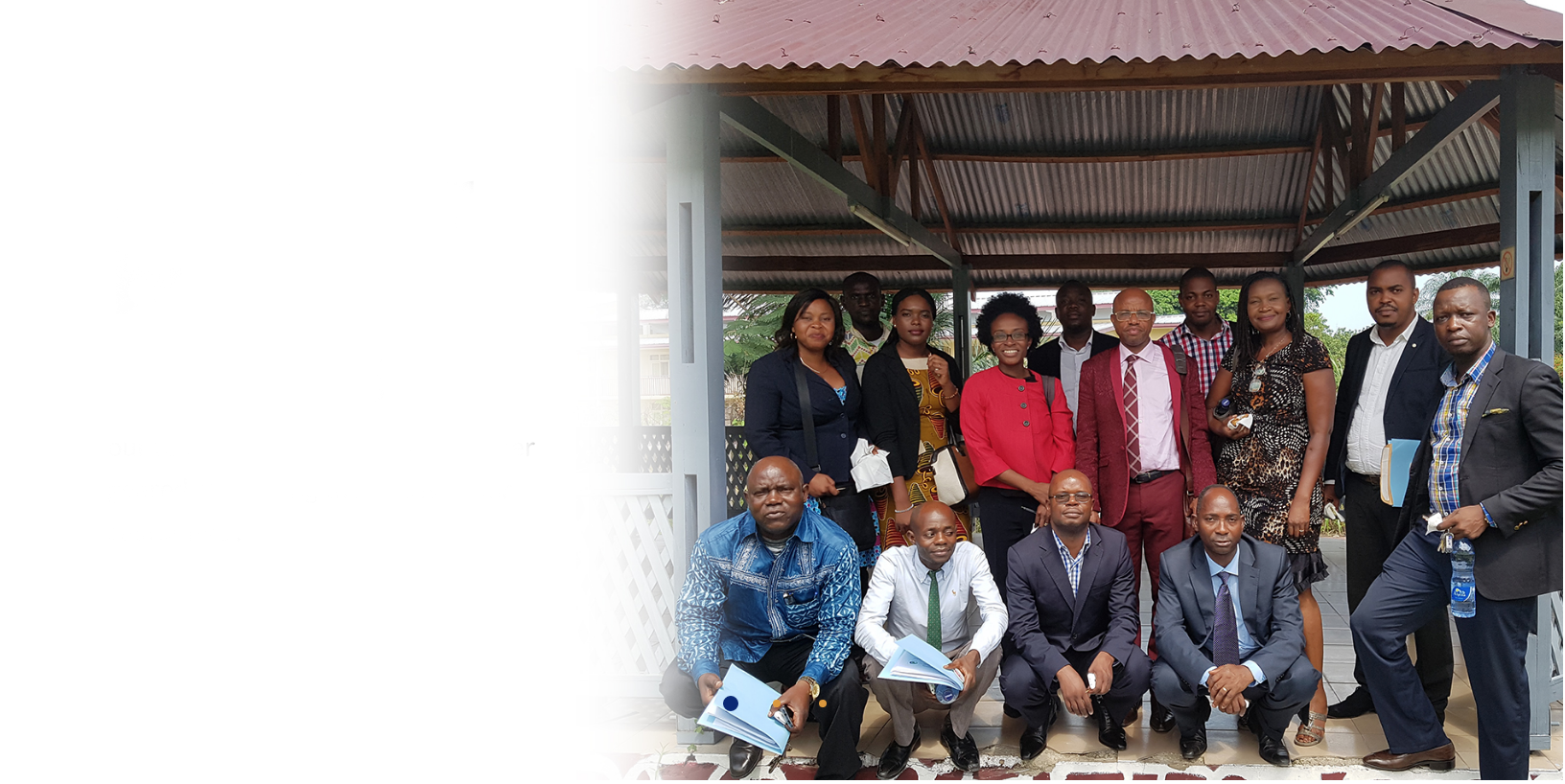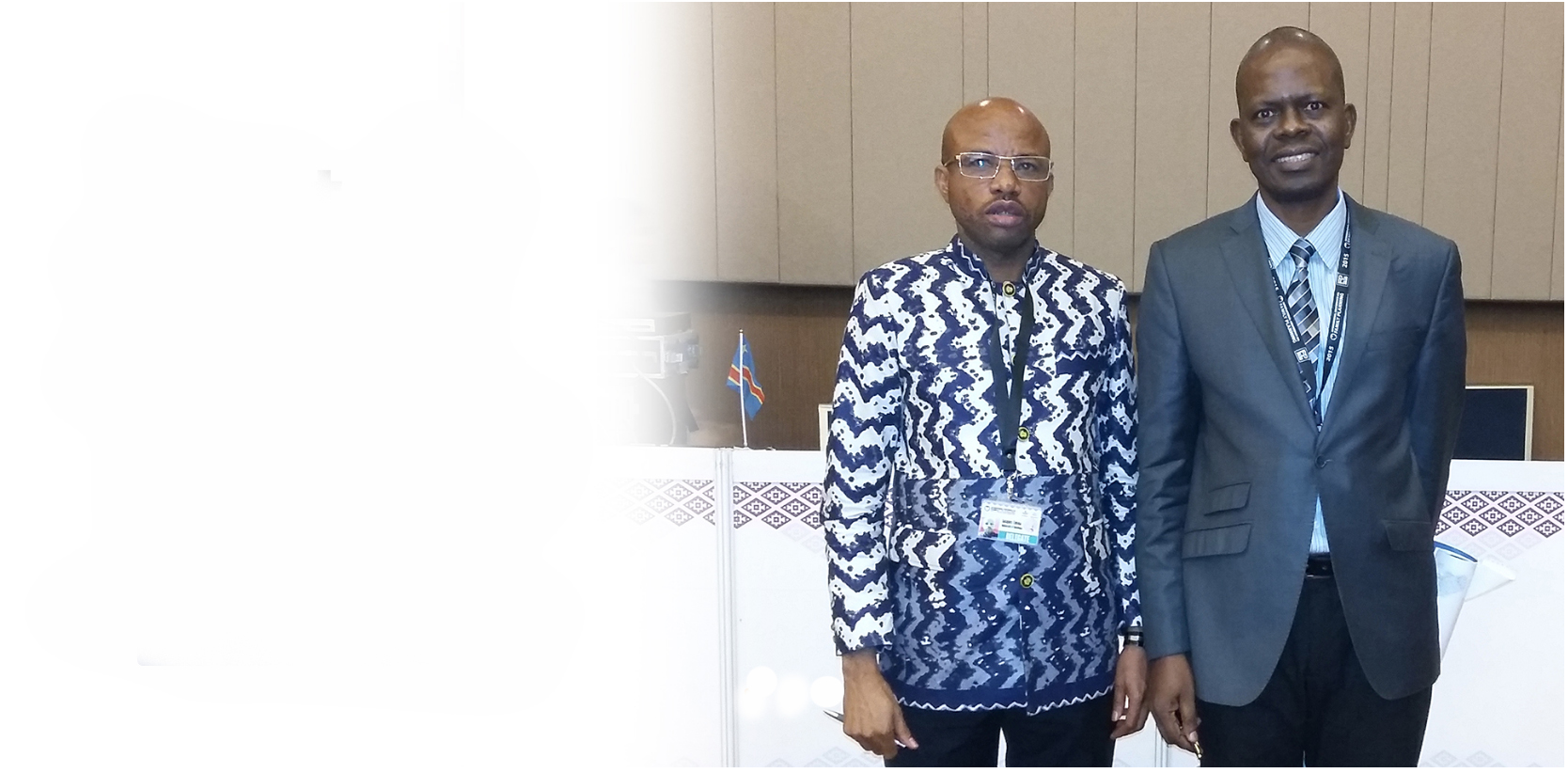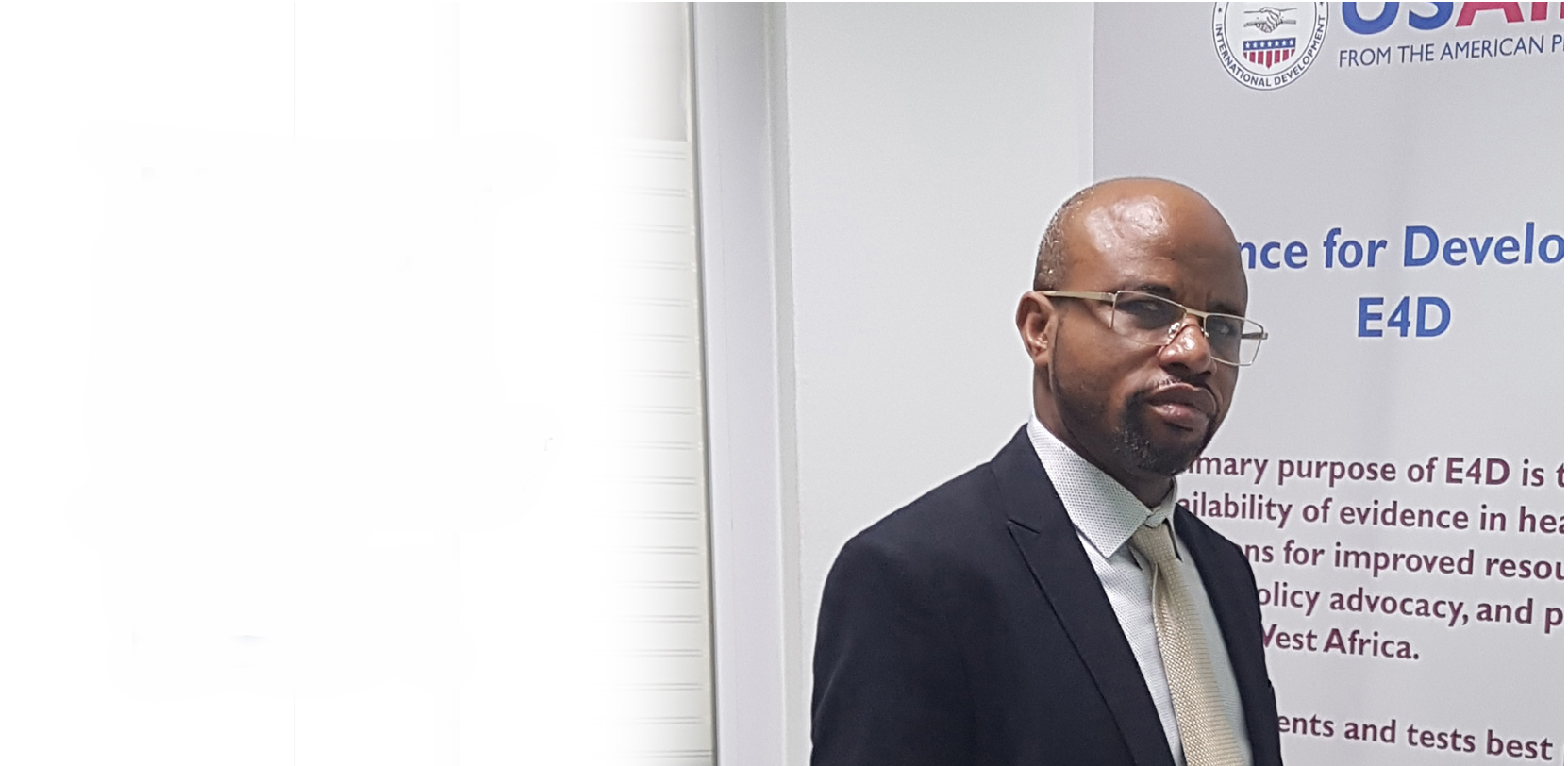
Brilliant
mines !

Brilliant
mines !

Brilliant
mines !
Company Overview
Population and Health Research Institute PHERI is a research firm based in Kinshasa, Democratic Republic of Congo (DRC). PHERI’s work focuses on promoting evidence-based policies using reliable data from various sources such as national health information systems, civil registration systems, local surveys, administration and routine services data. Young institution, founded in November 2016, PHERI’s key staff and associate members own extensive experience and expertise in the implementation of operations research and evaluations on sexual and reproductive health (SRH), mobile health utilization, marginalized and vulnerable populations in various settings, including humanitarian context.
PHERI is guided by the following values:Equity:
CORE VALUES
PHERI believes in equality between human beings regardless of gender, race, ethnicity, religion and socio-economic status.
Transparency: We provide unfettered access to timely and reliable information on our decisions and performance.
Accountability: The institute reports on the usage of its resources and answerability for failing to meet stated performance objectives. Integrity: We adhere to “honesty” or “trustworthiness” in the discharge of our duties.
Excellence: PHERI strives to deliver high quality services and products consistently. The Institute offers a high level of service to its clients and comfortable working environment for its employees.
PHERI is equipped with nine (9) computers and three laptops;
two printers and one projector.
Research conducted
During the last two years, PHERI has conducted successfully three studies. Table 2 reports research conducted since 2017. All conducted studies use mixed methods combining quantitative and qualitative data in one hand, and in other hand using secondary and primary data.
I. Re-examining Traditional Method Use: Desperation or innovation?”
This project will advance our understanding of the true prevalence of traditional methods of contraception in four African countries (Democratic Republic of Congo (DRC), Ghana, Kenya and Nigeria) as well as women’s motivations for using these methods. Specifically, the project will i) test modifications to survey instruments for collecting data on contraceptive use including traditional methods; ii) use mixed-methods techniques to gather data on the motivations, patterns and profiles of women who use traditional contraceptive methods in the Democratic Republic of Congo (DRC), Ghana, Kenya and Nigeria; iii) publish the research findings in high-impact journals; and iv) share data with other researchers for secondary analysis.
II. Promoting positive masculinity for sexual and reproductive health and rights and gender equality in informal settlements in selected cities in sub-Saharan Africa.
- This program includes four activities:
Mapping of organizations implementing positive masculinities and Sexual and reproductive health and rights (SRHR) programs in informal settlements of Kinshasa ; - Session/program ethnography to experience and understand, firsthand, the training strategies, themes and topics, behaviors, activities, interactions and discourses being delivered ;
- Qualitative surveys, including Key Informant Interviews and Focus Group discussions with stakeholders and members of community ;
- Quantitative surveys will be conducted with a sample of 500 men and boys aged 18-50 in the study settlements.
III. Exploring the feasibility of collecting a core set of indicators for monitoring and evaluating sexual, reproductive, maternal, newborn, child and adolescent health services and outcomes in humanitarian settings
This research aims to assess the feasibility of collecting a core set of indicators for monitoring and evaluating Sexual, Reproductive, Maternal, Neonatal, Child and Adolescent Health in settings affected by humanitarian crises. The study uses a concurrent multi-methods study design, including four components :
- Key informant interviews (KIIs): We will conduct semi-structured interviews with purposively selected stakeholders to explore a range of perspectives on data collection and the core set of SRMNCAH indicators.
- Facility mapping exercise: This will allow us to obtain information about those data that organizations are already collecting as well as identify gaps in data collection. We will also be able to inventory resources and available technologies. We provide a draft facility survey as
- Observation sessions at key facilities/sites: This process will allow us to understand the logistical, ethical, and privacy challenges in current data collection and storage practices. We will take notes during these sessions.
- Focus group discussions (FGDs): We will engage members of different field teams in facilitated group discussions to explore attitudes to data collection as well as challenges and opportunities for incorporating the core set of SRMNCAH indicators into routine systems of data collection and use.
IV. Situation Analysis for Delivering Integrated Comprehensive Sexual and Reproductive Health Services for displaced population of Kasaï, Kasaï central and Kasaï Oriental, Democratic Republic of Congo
This study aimed to: assess the availability of SRHS in the displaced camps in the three provinces; Evaluate the SRHS needs among women of reproductive (12-49); Explore sexual and reproductive health rights (SRHR) aspects of women, including adolescent girls in this humanitarian crisis context; Identify barriers and challenges in the field of SRH; and describe current provider’s capacity to provide SRH services (including health workers capacity and other issues as specified as well). The situation analysis consisted of a mixed study design combining quantitative and qualitative research.
V. The Implementation and Effectiveness of Sexuality Education Programs in Schools in Kinshasa, Democratic Republic of Congo
This was a quasi-experimental study on a representative sample of students from secondary schools in the Kinshasa administrative province. It employed both quantitative and qualitative methods. Quantitative data includes information from 192 schools: 5,147 students, 161 principals and 176 teachers. Qualitative data includes 39 key informant interviews (KIIs) and 12 focus group discussions (FGDs): six of these with students (male and female) and six with parents (mothers and fathers).
